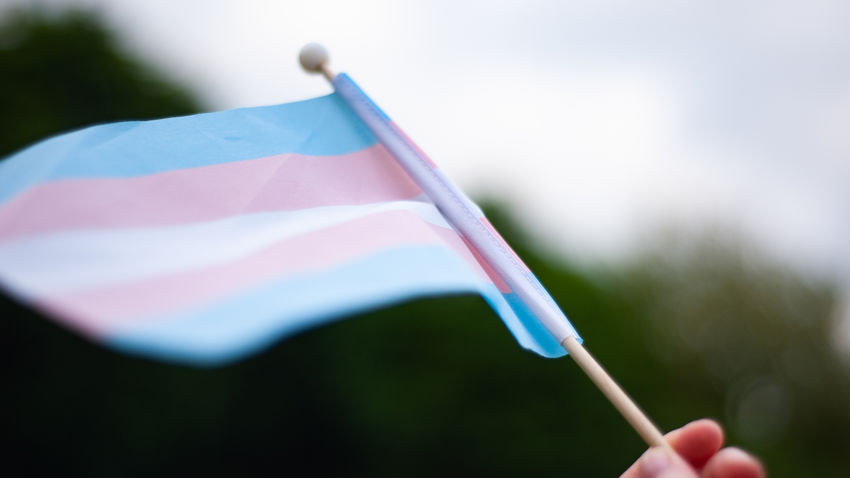
New findings from a College of Public Health study add to the growing body of literature that gender-affirming procedures, such as hormone therapy or surgery, have positive psychosocial benefits for transgender people who undergo such procedures. The study also finds that barriers to accessing healthcare providers raise expectations of future discrimination, potentially leading individuals to forego these procedures and the quality-of-life benefits they can bring.
“These findings come at a time when state legislatures are advancing bills that aim to restrict access to, and in some cases criminalize, gender-affirming care for people who are trans,” says Patrick Kelly, research coordinator at the Risk Communication Laboratory, who led the study. “These procedures can be beneficial. Unfortunately, a lot of the people who make these laws choose to overlook the science. It’s contrary to the evidence and rooted in stigma.”
The report on the study, “The Relationship Between Gender-Affirming Procedures, Body Image Quality of Life, and Gender Affirmation,” is published in the journal Transgender Health, online and in a forthcoming print issue. Kelly’s co-authors are Paul D’Avanzo and Anne Frankel from the Department of Social and Behavioral Sciences and David Sarwer, associate dean for research, along with Adrian Shanker and Katie Suppes of the Bradbury-Sullivan LGBT Community Center in Allentown, Pa.
For the study, Kelly and his co-investigators performed a new analysis of data gathered in 2020 for a previous study, also by Kelly, that examined the impact of nonsurgical facial injectables (FDA-approved substances that add volume, contour or smoothness to areas of the face). Participants in that earlier study indicated their history of gender-affirming procedures, including hormone replacement, voice therapy, or surgical procedures. They were asked about discrimination they had encountered in seeking procedures and their level of anticipation of future discrimination. They also were surveyed on a measure called the Body Image Quality of Life Index (BIQLI), which asks respondents to rate how much they feel their personal body image affects aspects of their life such as relationships with friends and family.
The analysis found that Body Image Quality of Life and the number of gender-affirming procedures were positively correlated. It also found that participants who reported a barrier to accessing a healthcare provider had significantly greater anticipation of future discrimination.
“Our findings raise the question of how barriers to care beget anticipation of future discrimination and whether this relationship predicts reduced engagement with gender-affirming care,“ Kelly says. “We know that denying access to gender-affirming care can jeopardize psychosocial well-being. If someone feels they are probably going to face an experience that's going to make them feel othered, that they are going to be discriminated against, then what does that mean for how that person goes on to seek out healthcare? Do they delay care? Do they turn to alternative sources? When we erect these barriers, we could be contributing to avoidance of engaging with healthcare overall.”
